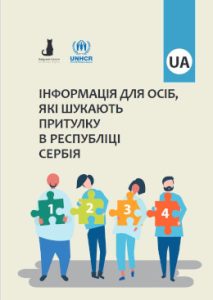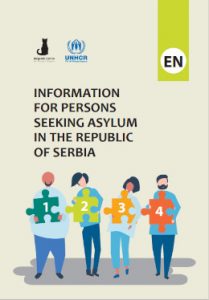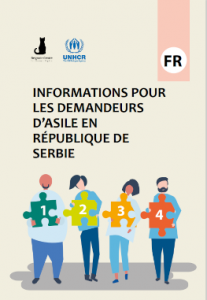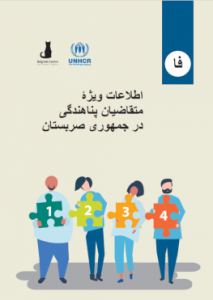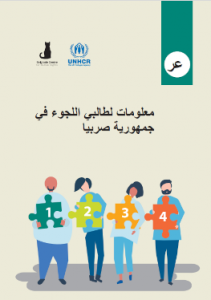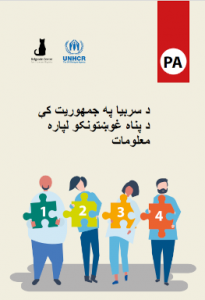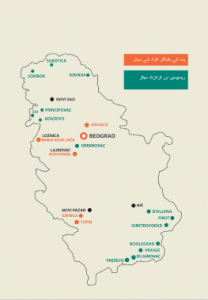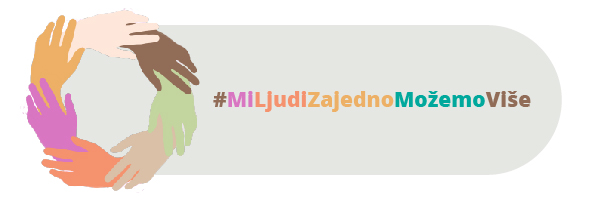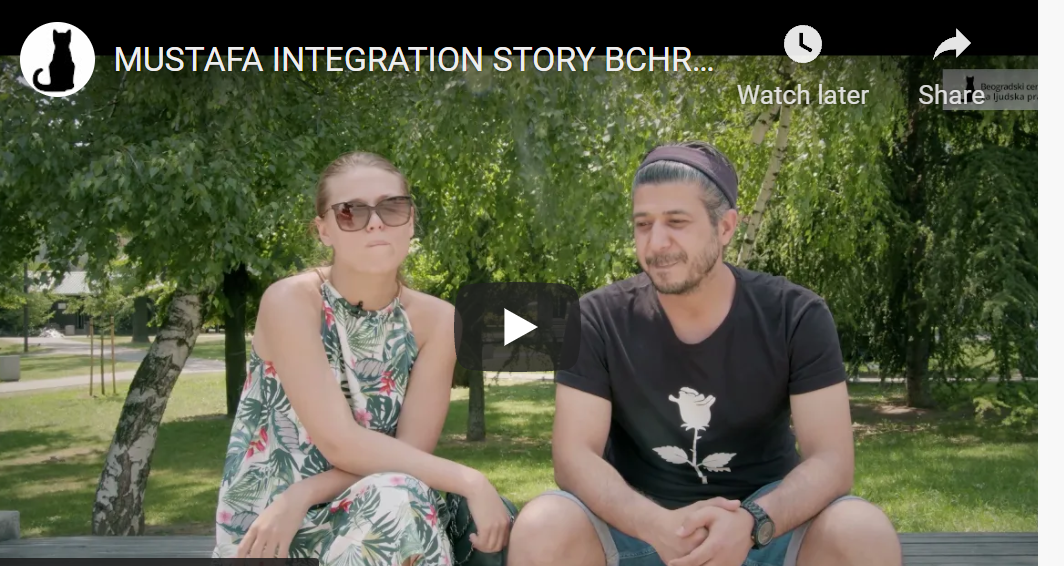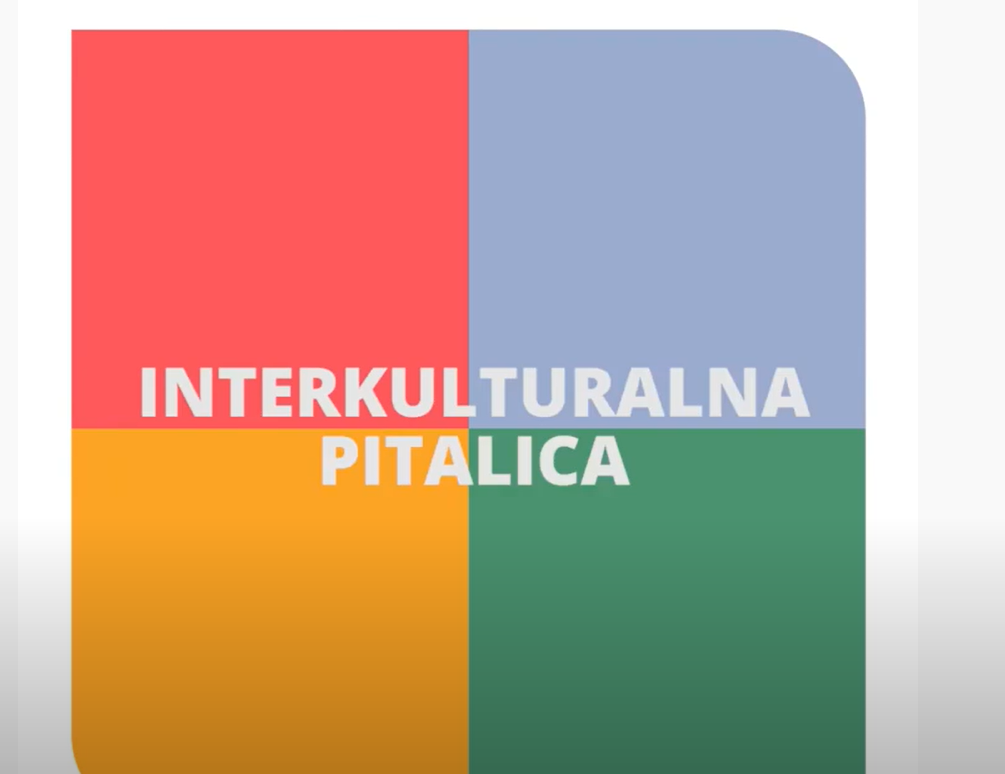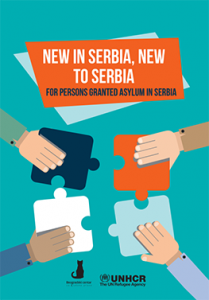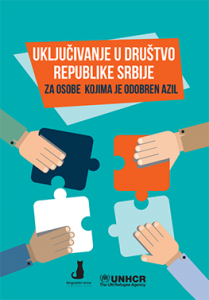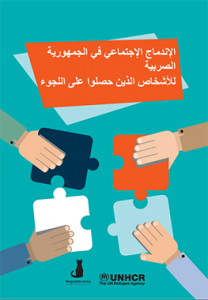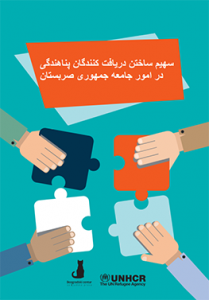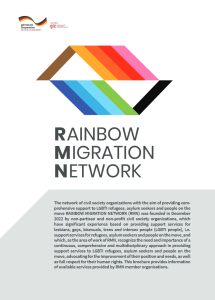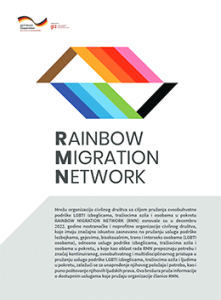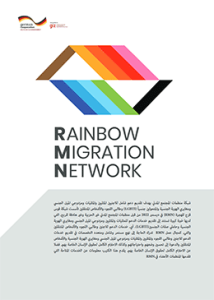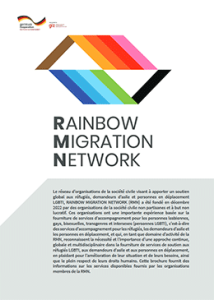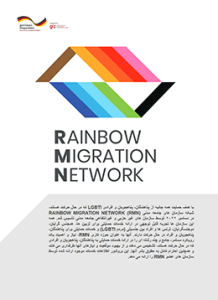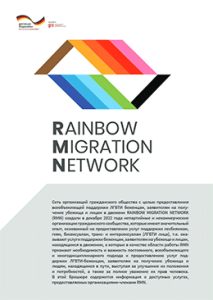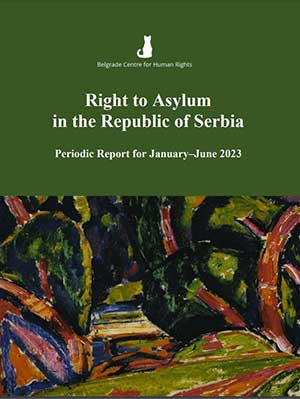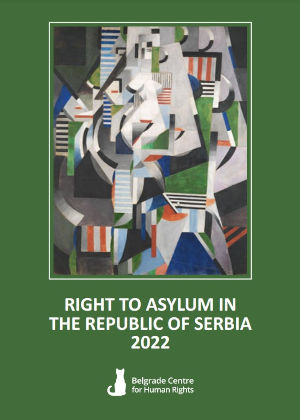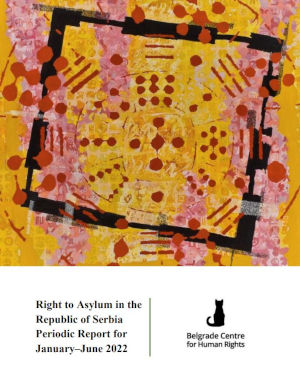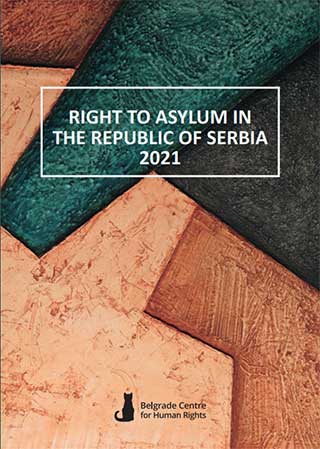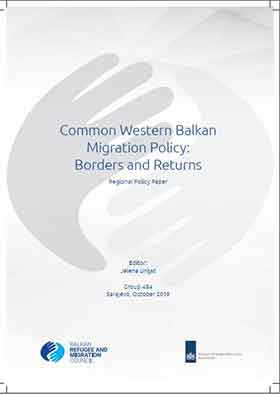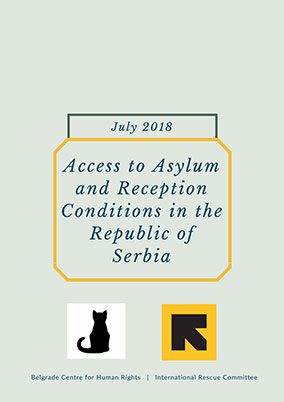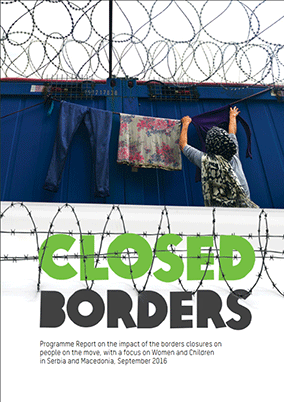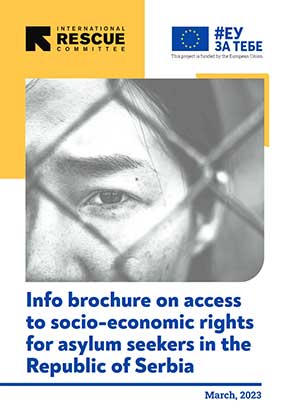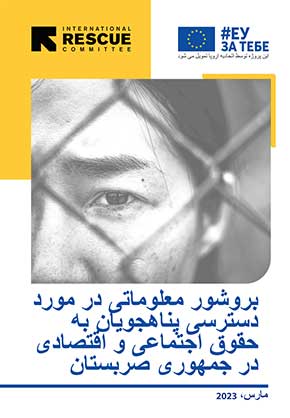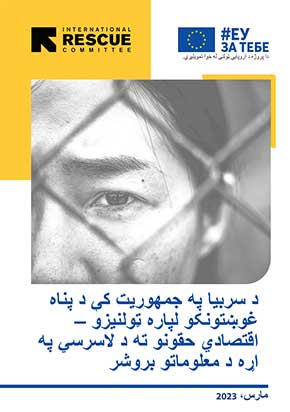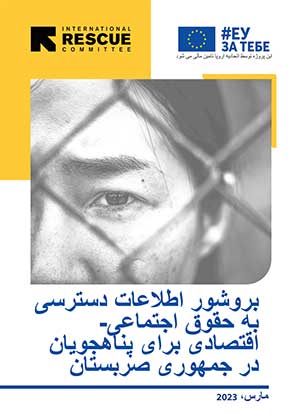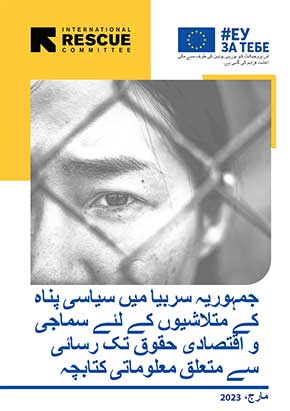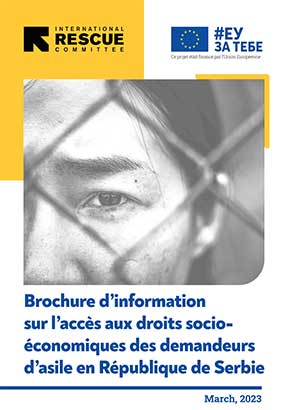We continuously monitor the state of affairs both in the countries where the asylum-seekers come from and in Serbia. All of our findings and reports are available at the Centre’s webpage at www.azil.rs

As a partner of the United Nations High Commissioner for Refugees, the Belgrade Centre for Human Rights has, since 2012, provided asylum-seekers in Serbia with free legal aid: they are explained their rights and obligations and represented before the proper authorities in Serbia and the European Court of Human Rights.
On new Protocol 16 to the European Convention on Human Rights
Protocol 16 to the European Convention for the Protection of Human Rights and Fundamental Freedoms (ECHR), came into force on 1 August 2018, as ten Member States signed and ratified the Protocol. The following countries have signed and ratified Protocol 16: Albania, Armenia, Estonia, Finland, France, Georgia, Lithuania, San Marino, Slovenia and Ukraine, while: Andorra, […]
Refugee Situation in Serbia in September 2018
According to the UNHCR estimates, the number of refugees and migrants in Serbia remained unchanged during September and amounted to about 3,900 persons of concern, of which around 3,400 were located in state asylum centers and reception centers by the end of the month, including around 200 single men in rub halls in Adasevci and […]
Is there a country for Aquarius?
At the end of September 2018, Panama decided to cancel „hospitality“ to the rescue boat „Aquarius“. Namely, Panama, according to the SOS Mediterranée and the media, after pressure exerted by the Italian authorities, decided to remove the ship „Aquarius“ from the register of vessels, which operates within the NGO „SOS Mediterranée“ and deals with rescuing […]
Application of the new law regulating the asylum procedure in Serbia in practice
The Law on Asylum and Temporary Protection of the Republic of Serbia came into force on 3 June 2018 and brought a series of new decisions in relation to the previous law regulating this matter, that is, the Law on Asylum. It is important to note that asylum proceedings initiated before June 3 will be […]
Refugee Situation in Serbia in August 2018
According to the UNHCR estimates, the number of refugees and migrants in Serbia has increased during August and amounted to about 3,900 persons of concern, of which around 3,300 were located in state asylum centers and reception centers by the end of the month. Most of the refugees and migrants were accommodated in the reception […]
As a partner of the United Nations High Commissioner for Refugees, the Belgrade Centre for Human Rights has, since 2012, provided asylum-seekers in Serbia with free legal aid: they are explained their rights and obligations and represented before the proper authorities in Serbia and the European Court of Human Rights.
We continuously monitor the state of affairs both in the countries where the asylum-seekers come from and in Serbia. All of our findings and reports are available at the Centre’s webpage at www.azil.rs

